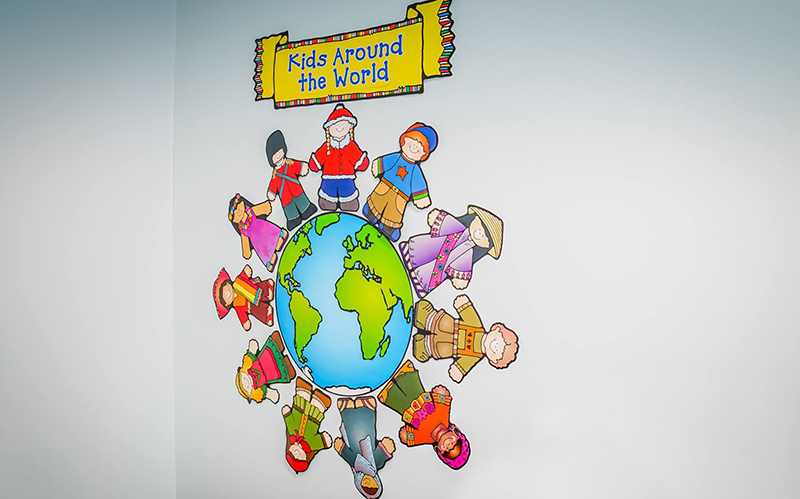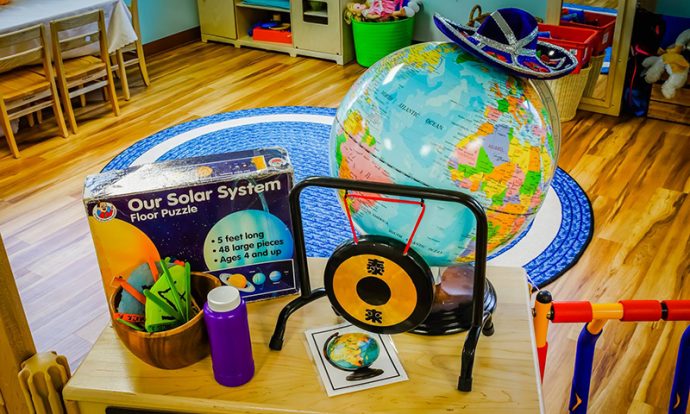Are you a new parent looking to find out some interesting holiday lore? Maybe you’re a seasoned parent and you already know a few of the common cultural traditions that your children pick up in school. Either way, you can always expand your educational horizons and learn more about holiday traditions from around the world. At Right Steps ® Education, we pride ourselves on bringing awareness to a wide range of holiday traditions from all over the globe.
At Right Steps ® Education, our focus is on bringing a boutique preschool experience to the families in the Bucks County and surrounding area. We work hard to ensure that all of the children who attend Right Steps ® are met with an intellectually stimulating and culturally sensitive program that meets each child’s unique needs. Part of our mission is to honor the various traditions from around the world, and to expose the children in our program to the many different holiday experiences that they have the chance to see.

Holiday traditions can range from New Year’s Eve in Ecuador to Kwanzaa in the United States. In an Ecuadorian New Year’s celebration, families dress up a straw man. This straw man represents the old year. Each family member contributes to making a will for the straw man that lists each of their faults. When the clock strikes midnight, the straw man is burnt with the hopes that each of the family member’s faults disappear in the ashes.
Kwanzaa is a week-long celebration that honors African-American culture. Its roots go back to 1966 and it is now rapidly becoming one of the most celebrated holidays. A Kwanzaa celebration typically involves singing, drumming and readings that give honor to African history. Many families in the United States celebrate both Christmas and Kwanzaa.
Another holiday tradition is Omisoka. This tradition is celebrated in Japan. At Right Steps ® Education in Richboro, we believe that it’s important to respect and understand a wide range of traditions. Omisoka is one more that we honor in the name of providing our children a varied cultural perspective when they walk through our classroom doors. Omisoka is New Year’s Eve in Japan. It is the second most important holiday of the year and it marks a new beginning. Japanese families gather for a late dinner around eleven p.m. on this night and then at midnight, they make a visit to a shrine or a temple. In some homes, families even strike a bell one hundred and eight times to symbolize desires that lead to human suffering.




